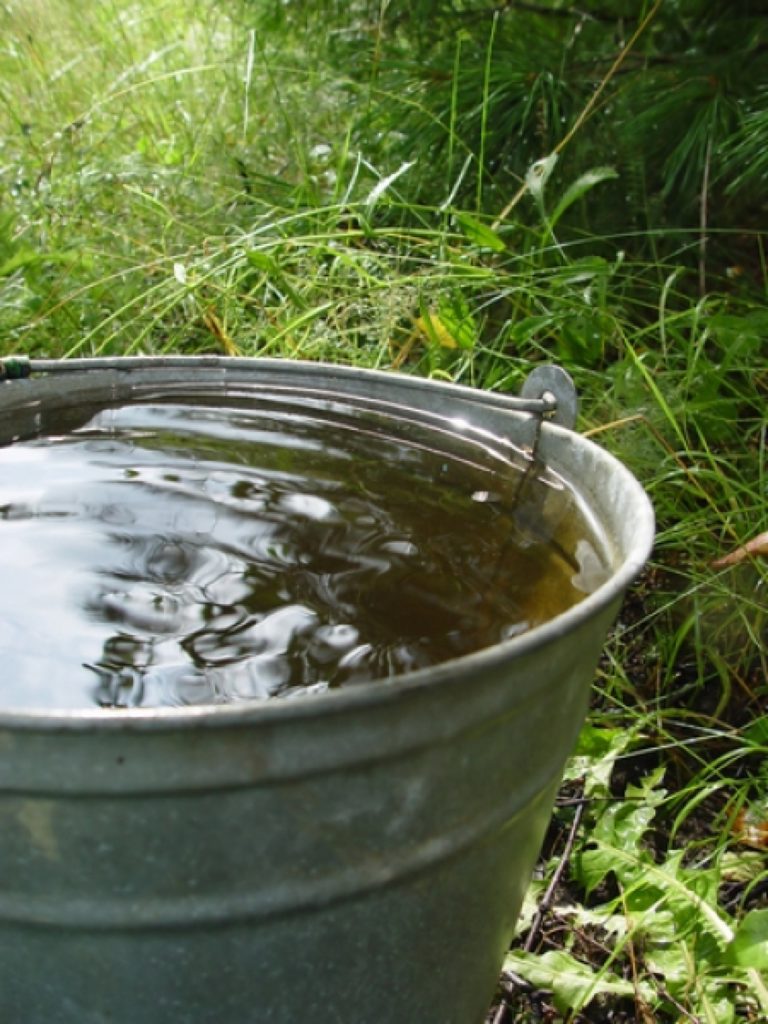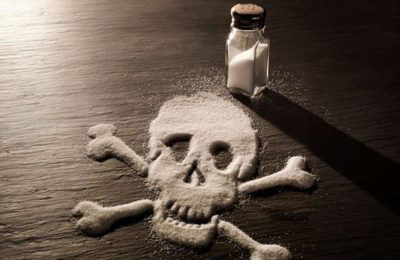Why you can’t wash or wash the floor on memorial days
People of the Orthodox faith belonging to the Slavic culture devote several days a year to honoring the memory of their deceased ancestors, relatives and loved ones. On memorial dates, it is customary to attend church services, where funeral services are held, and cemeteries, where a memorial meal is served. A distinctive feature of memorial days is the observance of many prohibitions that apply to usual daily actions and activities.
The content of the article
Why you can’t wash the floor and do laundry these days according to the canons of the church
Many people refuse to clean and do laundry on special days of remembrance of the dead, considering this an insult to the memory of the dead. Grandmothers say “you can’t pour dirty water on the dead.” This can be interpreted in such a way that the water remaining after mopping the floor or doing laundry was poured into the ground in which our deceased loved ones lie. In the modern world, this is washed by a machine, but can be removed with a vacuum cleaner. And before: washing - in a basin, washing the floor - with a bucket, and when finished, it all splashed out on the ground.

The opinion of clergy on this matter is completely opposite. Priests, if you ask them whether it is possible to do cleaning on memorial Saturdays and Sundays, advise you to attend a church service in the morning and pray, and, after that, do household chores without unnecessary fears.
Important! Cleaning after the death of a person in the house where he lived should be carried out immediately after the removal of the coffin and before special memorial days on the ninth and fortieth day.

What you really cannot do according to the canons of the church is:
- leaving food and alcohol on graves, as this custom relates to paganism;
- drink alcohol in cemeteries and near churches;
- arrange feasts in cemeteries with songs and fun.
Important! You can remember your deceased parents and loved ones, but this must be done at home, and without leading the memorial to a drunken celebration.
When are memorial days in a year?
There are several specific dates and periods of the year for remembering the deceased:
- “Parents' Saturday” - the Saturday before the onset of Maslenitsa week;
- memorial days during Lent, which fall on the 2nd, 3rd and 4th weeks of Lent;
- “coffins” - the first Saturday, Sunday and Monday after Easter Sunday;
- “Radonitsa” - falling on the second Tuesday after Easter;
- “Pentecost” is a day of remembrance of loved ones, falling on the 50th day after Easter;
- “Dmitrievskaya Saturday” is the last date of the year for church commemoration.
Important! The dates of most church holidays and certain rituals change from year to year.





